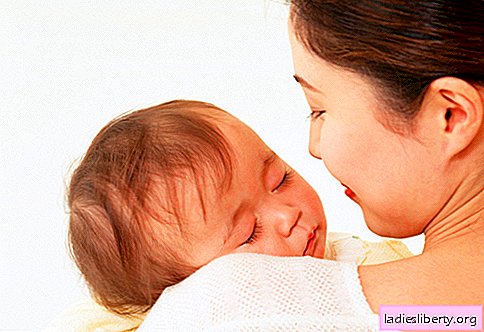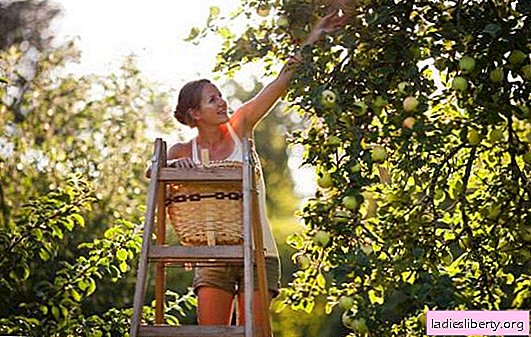
As elsewhere, the Japanese traditional family is mother, father, and children. A man is considered the head of the family, the earner, and all the household must obey him. And the woman is the keeper of the hearth. Recently, however, Western culture has had a great influence on Japanese traditions, and Japanese women are increasingly trying to combine their family responsibilities with work. However, their main occupation, as before, remains the house and the upbringing of children, and the man is absorbed by the company in which he works.
Only a mother is mainly involved in the development and upbringing of a child. Father takes part very rarely in parenting. At birth, the midwife cuts a piece of the umbilical cord, and, after drying it, puts it in a small wooden box. On this box, in gilded letters, write the date of birth of the infant and the name of the mother. It is a symbol of the connection between mother and child.
A child, up to a certain age, is not prohibited by anything, but simply explains that his actions are dangerous for him or for others. But if the child is badly burned or hurt, the mother feels guilty and asks the child for forgiveness for not being able to save. When the baby is just beginning to take the first steps, it is not left unattended. Moms follow their baby literally on the heels. Sometimes mothers arrange various children's games, and themselves become their active participants.
Popes go for walks only on weekends, when the whole family leaves for nature or the park. In case of bad weather, the place for a family holiday is a large shopping center with game rooms.
Girls and boys are raised differently, as they have to perform different social roles. In the boy they see the support of the family. And girls are taught homework: cooking, sewing, washing. Differences in education exist in the school. After school, the boys will certainly go to different circles, where they continue their education, and the girls sit in a cafe and chat about various outfits.
A woman never tries to assert her power over children, as this leads to the alienation of children. The mother does not argue with the desire and the will of the child, but indirectly shows her dissatisfaction: she makes it clear that her bad behavior grieves her. In case of conflicts, Japanese mothers do not try to distance themselves from children, but, on the contrary, try to establish closer emotional contact with them. Children love and adore their mothers so much that they feel a sense of remorse and guilt if they cause trouble.











